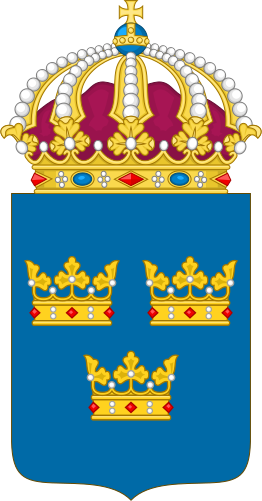Community / Land projects / WWF: Saving Nature, Empowering People and Improving Livelihoods in Latin America
WWF: Saving Nature, Empowering People and Improving Livelihoods in Latin America

€0
12/22 - 11/26
Actif
This project is part of
Implementing Organisations
Donors
Data Providers
General
The initiative and future like-minded interventions, will result in that indigenous peoples and local communities in particular women and youth, have claimed a central role as empowered innovators, implementers and advocates for territorial governance and climate solutions that benefit people and nature in priority landscapes in Latin America. The project is a project support and will address socio-environmental issues that are critical for transboundary nature protection (mainly biological diversity and climate) in Latin America. It will focus on three key transboundary landscapes in Latin America, where WWF will aim to involve, empower, strengthen their voice, and pursue greater equity for IPLCs to be active in the pursuit of sustainable development that benefits people and nature.These landscapes are home to indigenous and local communities, who can play a key role in sustainable development, but whose human rights are often not adequately respected or implemented, including their right to land, access to information and participation in decision making processes. These communities often do not have the necessary prerequisites to amplify their voices and have a more prominent role in policy influencing. The landscapes selected also provide a useful context for addressing gender equality because IPLC women are often excluded for decision making processes. The lack of economic opportunities for IPLCs in these places particular pressure on women who are often left in the community with children when men migrate to the city in search of employment. The project aims to implement measures to address these inequality and challenges. From a regional and environmental management perspective, the focus on these transboundary landscapes will add value because it makes it possible to implement similar approaches and actions in each country and address connectivity needs between protected areas and across borders. Combining a landscape approach and regional coordination will lead to more effective conservation of biodiversity and benefits for people, which cannot be achieved through purely national interventions. It will be possible to scale up impacts through shared learning, building alliances across borders for policy influencing and work with organizations that transcend national borders Three main strategies will orient the course of this project: a) income-generating activities that promote sustainable livelihoods for men, women and their families, b) building capacities and alliances of rightsholders’ organizations, and c) advocacy for equitable climate and nature solutions. This project contributes to WWF global goals for Forest and Governance, the strategic plans of the WWF offices involved in this proposal and is aligned with the objectives in the strategy for Sweden’s regional development cooperation with Latin America 2021–2025.
Objectives
The project has three main outcomes with associated short- , medium, and long -term objectives: 1. Income generating activities that promote sustainable livelihoods, human wellbeing , and natural resource management - By 2024, at least 15 income generating activities are prioritized with rightholders. - By 2025, at least 8 income generating activities are being implemented with adaptive management considerations. - By 2026, At least 5,000 IPLC people participating in income generating activities. 2. Building capacities and alliances of rightsholders for more empowered territorial governance - By 2023, at least 15 IPLC organizations (5 per landscape) trained in organizationaland financial management and territorial governance. - By 2024, at least 30 IPLC will be trained on advocacy and leadership. - By 2025, at least 6 alliances (2 per landscape) between IPLCs and other key stakeholders should be established to support equittable climate and nature solutions 3. IPLCs have a stronger voice for equittable climate and nature solutions - By 2025 at least 15 IPLC organizations have amplified their voices in public debate for equitable climate and nature solutions



